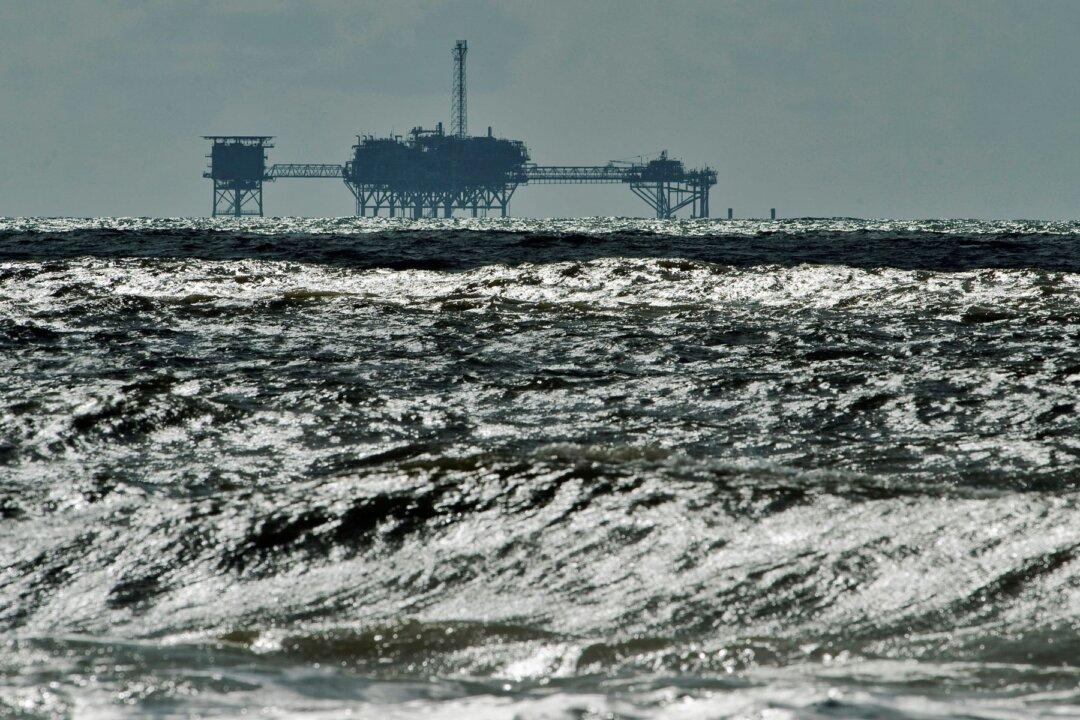The Biden administration has restored more stringent Obama-era offshore drilling rules that the Trump administration rolled back after the oil and gas industry said the rules would hamper future development and production.
Deb Haaland, the Interior secretary, and Kevin Sligh, the director of the Bureau of Safety and Environmental Enforcement (BSEE) said in a joint statement that the new rules were informed in part by lessons from the Deepwater Horizon incident in 2010, in which the BP Macondo well blowout killed 11 workers and cost billions of dollars for Gulf Coast restoration.
“Finalizing this rule will enable BSEE to continue to put the lives and livelihoods of workers first, as well as the protection of our waters and marine habitats,” Mr. Sligh said.
The new rule (pdf) brings back the vast majority of the Obama-era protections, including real-time drilling monitoring and more stringent safety requirement for blowout preventer systems (BOPs), which is a final barrier to loss of well control as it keeps pressurized oil and gas from bursting out.




